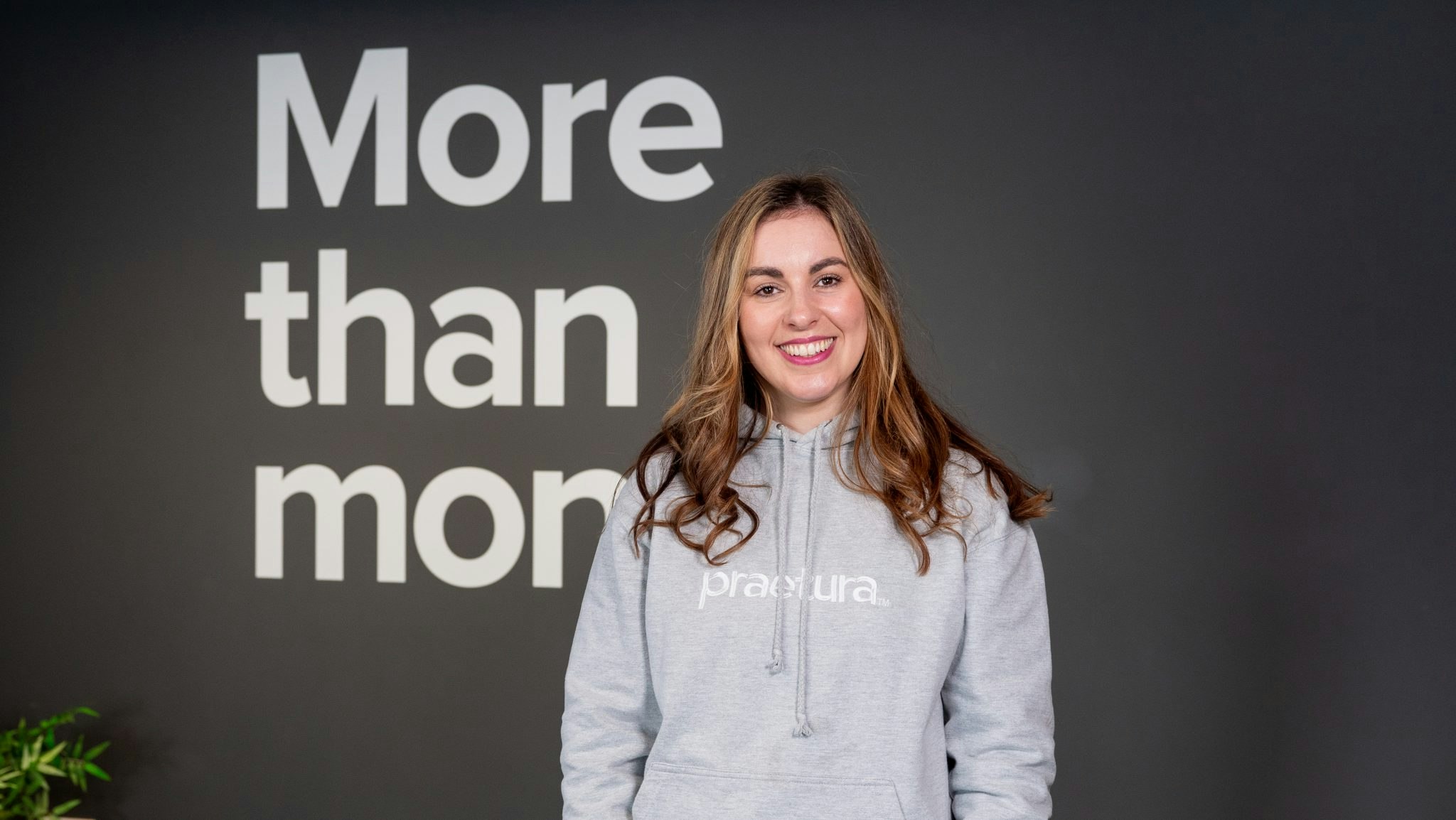European tech has traditionally been better known for its consumer successes — Skype, Spotify, Zalando — than for companies catering to other businesses.
But that balance has shifted in recent years. In 2021, the number of B2B (business-facing) unicorns overtook the number of B2C (consumer-facing) unicorns for the first time ever in the region, according to Atomico’s State of European tech report. The funding gap between the two groups is also widening. In 2017, for every $1 invested in B2C companies, B2B companies got $1.60; in 2023, it’s $1 to $2.33, Dealroom data shows (keeping in mind that some companies do both).
Now, generalist VCs — who dipped their toes into consumer bets like speedy grocery and expensive e-bikes during the boom days of 2021 — are pulling back amid economic uncertainty, and some traditional consumer funds are broadening their scope. So, what’s next for the sector?
The consumer funds broadening their horizons
Several consumer funds in Europe tell Sifted they're looking to broaden their investing remit for two reasons: a changing macroeconomic environment characterised by inflation, higher interest rates and valuations being marked down, and new opportunities emerging in tech.
The first is Germany’s Vorwerk Ventures, which was previously the venture arm of household appliance company Vorwerk Group and is now an independent firm. Vorwerk Ventures has traditionally backed consumer companies — like HelloFresh and Zapp — but since late 2022, has decided to “broaden [its] horizon” and actively pursue B2B investments, says partner Sascha Guenther. That means specifically making 20% of investments in B2B climate tech.
Guenther says the firm had an eye on rising inflation and uncertainty in markets after the war in Ukraine hit consumer spending, but the increasingly apparent effects of climate change also influenced its decision.
“Look outside the window yesterday — that was the best example. It was sunshine one moment, the next moment it was a storm, and then sun again,” he says. “Climate is something that especially LPs are looking at when allocating capital over the next few years. And we have to think about that, because the next fund will not only be Vorwerk and family and friends [as LPs], but other institutions.”
He hopes that will also involve finding more companies at the intersection of consumer and climate — like plant-based meat company Planted Foods, residential solar business SunHero and eco-friendly household product startup everdrop, all portfolio companies.
Tink and TravelPerk-backer Heartcore is also branching out, says principal Björn Nilsen. Its focus will expand to climate tech, “empowering people” and “reimagining work” — which will involve more enterprise software investments.
He says that enterprise offerings are taking more hints from consumer offerings, Heartcore’s expertise in consumer is “becoming increasingly applicable to the way one should go about evaluating B2B opportunities”, says Nielsen. “Timing-wise it makes sense.”
The consumer funds who are benefitting from less competition
Other consumer funds see fewer generalist investors in consumer companies at the moment as an opportunity.
“We’re having a relatively busy year in the grand scheme of things, because the competition is less and because the options are less for high-quality entrepreneurs,” says Ben Black, who heads the London office of consumer investor Verlinvest and has backed Oatly, Tony’s Chocolonely and Who Gives A Crap. That also includes doubling down on some existing bets when other investors are holding back.
Verlinvest has the advantage of being a family-backed, evergreen investment company, which means that it doesn’t have the same pressures from LPs around fundraising and therefore can take longer-term bets. The firm is also looking at companies that more traditional tech VCs wouldn’t touch, like hotels or food.
“We view technology as much more of an enabler and a channel,” Black says. “It’s not an end in itself to provide a technological solution. It needs to have a tangible consumer benefit.”
The UK’s DMG Ventures is also looking at companies “which don’t have the typical venture attributes”, in part because there are fewer companies fundraising at Series A, says principal Taos Edmondson. The good ones have raised from existing investors, he says.
One example is F1 Arcade, a Formula One simulator bar that’s part of a wave of “social entertainment”. DMG Ventures backed the company earlier this year, and Edmondson says the firm has the freedom to be more creative about what companies it backs given it’s the venture arm of the Daily Mail and General Trust, a media and B2B services group, and doesn’t have other LPs.
Edmondson says the fund hasn’t slowed its deployment speed “at all” and with more attention being given to sourcing companies not typically backed by VCs, the firm’s pipeline is double what it was last year.
“Being a consumer fund, you have to show the ability to deploy at all stages in the economic cycle," says Edmondson. "I don’t think you can just sit on your hands for a year or two and wait until things improve.”
Capital efficiency is what all investors are looking for
Even investors who remain bullish on consumer bets say that similar to generalist funds, they are putting more focus on profitability and capital efficiency. That’s because it’s harder overall to raise and because the economic forecasts are still uncertain.
Like many generalist funds, Verlinvest is being “much more cautious on high cash-burn businesses,” says Black.
“The best consumer companies are typically very capital efficient, especially when they sell high-margin products, as these companies grow through customer love and word of mouth and do not rely on paid marketing,” says Frederic Court, founder of Felix Capital. “In a tougher environment, we have seen more of these companies, with more predictable profitability.”
Since launching a new $600m fund last year, the Deliveroo backer has invested in about 10 new consumer and B2B businesses, he says. One area that has not been a “core area of focus for Felix recently” is consumer fintech, “where margins are usually very thin and marketing investment often significant”.


